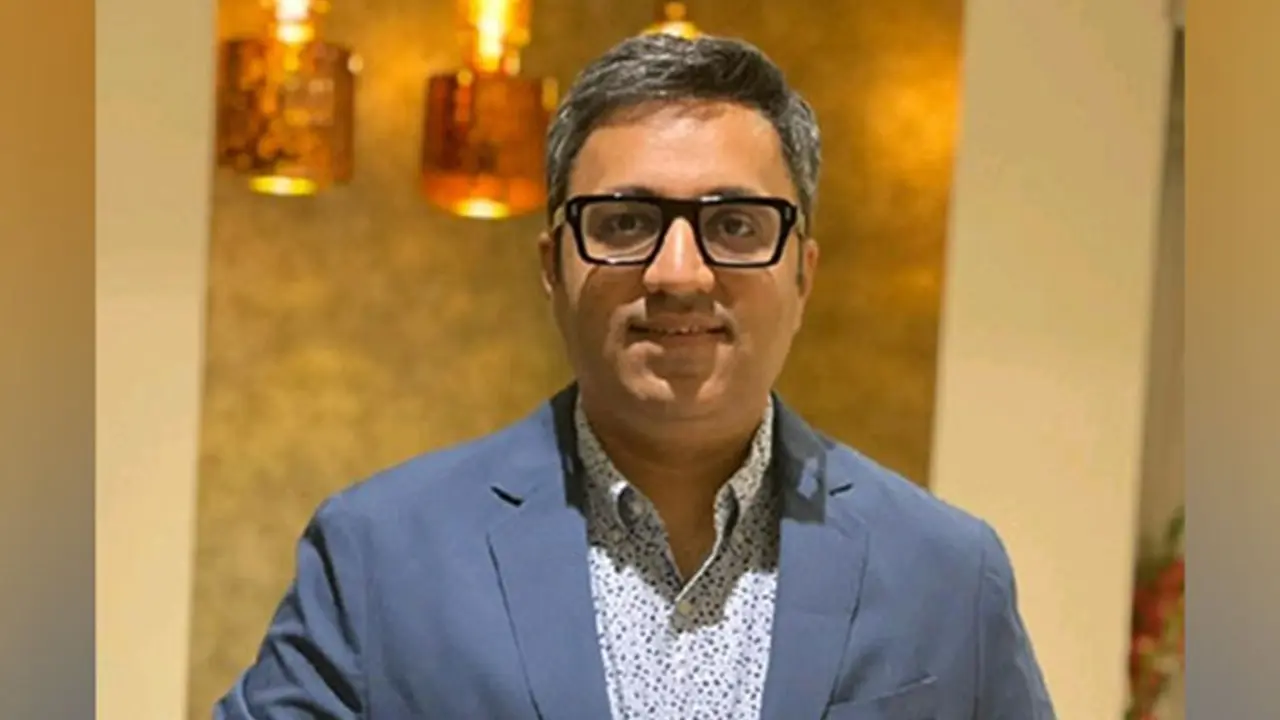Updated 6 April 2025 at 14:41 IST
Ashneer Grover Says India’s Startups Need These Three Things - Do You Agree?
Amid concerns over India lagging behind in deep-tech innovation, Ashneer Grover called on the government to address major roadblocks faced by startups.
- Republic Business
- 2 min read

India’s startup ecosystem is brimming with ambition, but is it shackled by red tape? Ashneer Grover, co-founder of BharatPe and former Shark Tank India judge, believes so. Responding to Union Minister Piyush Goyal’s recent remark questioning whether India is “settling for low-paying gig jobs” while China races ahead in deep-tech, Grover shared a candid critique of the regulatory landscape holding Indian entrepreneurs back.
On Saturday, Grover took to X (formerly Twitter) to outline his “Top 3 asks from government wrt startups.”
1. One-Stop Clearance System
Grover’s first demand is a unified licensing and compliance portal.
“Single window approvals for all licenses & filings – SEBI / RBI / FEMA / IT / GST / local authorities with 15 days max ETA and approval by default if 15 day ETA breached,” he wrote.
He argued that this would reduce bureaucratic delays and streamline startup operations across jurisdictions.
Read More
Ashneer Grover Comes In Support Of Startup Ecosystem Amid Piyush Goyal's Start Up Remarks
2. Taxation on ESOPs Needs a Rethink
Calling current Employee Stock Ownership Plan (ESOP) taxation unfair, Grover pushed for a shift in how capital gains are calculated.
“Capital gains on ESOPs for employees only at time of realisation of any actual cash capital gain – not at time of exercise of ESOP grant,” he said.
He also asked for the holding period to be counted from the time of vesting rather than the grant or exercise date.
3. Flexibility in Investment Write-Offs
Lastly, Grover advocated for more flexibility for domestic investors.
“Allowing domestic investors to write off investment in any startup at any time as per their discretion (without needing to dispose of shares),” he tweeted.
However, he clarified that any future capital gains on the same investment should be “taxed in full (assuming investment cost as ₹0).”
While Grover acknowledged these are “just the top 3,” his pointed suggestions have reignited conversations around startup policy in India.
Published By : Gunjan Rajput
Published On: 6 April 2025 at 14:37 IST
